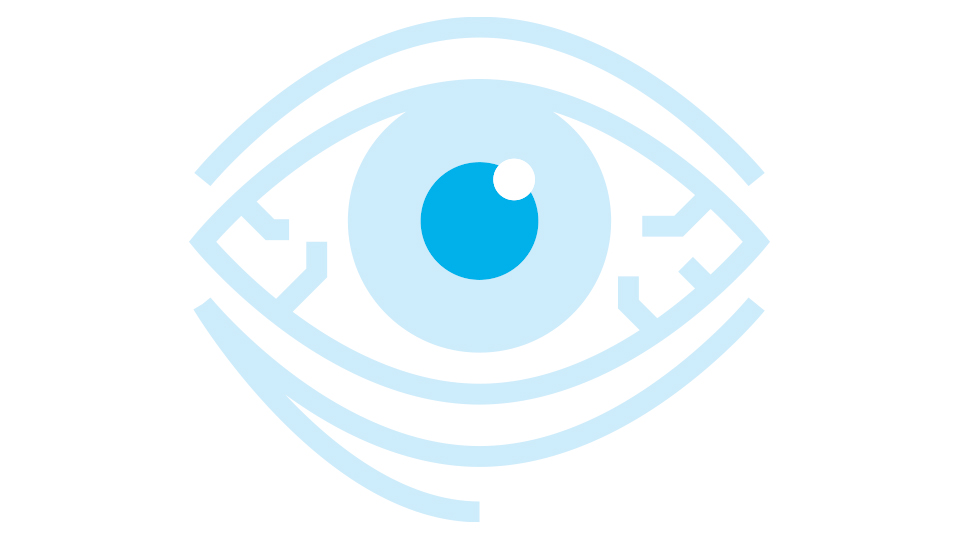Learn about refractive errors: myopia, hypermetropia, astigmatism and presbyopia
16/01/2026

10/07/2024
Dry eye syndrome, also known as tear dysfunction, is a condition that encompasses various pathologies characterized by deficiency or poor quality of tears, leading to inflammation of the ocular surface.
This chronic disease does not have a definitive cure, but its treatment aims to relieve symptoms, prevent and treat lesions on the eye surface caused by dryness.
Symptoms of dry eye can include discomfort, stinging, burning, dry and gritty sensations, and even blurred vision and fluctuating visual acuity. These symptoms usually worsen when the patient fixes their eyes and blinks infrequently, or when they are in environments with low humidity or strong winds.
The diagnosis of dry eye syndrome is made through various tests, such as the Schirmer test to measure the amount of tears produced, the tear breakup time test to evaluate the quality of the tear film, meibography to evaluate the state of the lipid glands, and fluorescein and lissamine green staining to detect alterations in ocular surface cells. An accurate diagnosis by a specialized ophthalmologist is essential, since in some cases, the use of artificial tears may be insufficient to mitigate symptoms and prevent damage to the surface of the eye.
Dry eye treatment varies depending on its type, cause and severity. It may include the application of moisturizers such as artificial tears or preservative-free gels, occlusion of the tear canaliculi to limit tear loss, the use of autologous serum eye drops or plasma rich in growth factors in more severe cases, and techniques such as intense pulsed light or microexfoliation to activate the meibomian glands and improve the condition of the eyelid margin and eyelashes. In cases where there is an underlying systemic disease, specific treatment by a doctor who specializes in that pathology may be required.
Dr. Víctor Charoenrook, ophthalmologist at the Barraquer Ophthalmology Centre
El ojo seco es una patología crónica que consiste en la escasez de la cantidad de lágrima y/o en el deterioro de la calidad de la misma produciendo una inflamación de la superficie del ojo. Las lágrimas son esenciales para mantener la superficie del ojo lubricada, proporcionarle nutrientes y protegerlo contra infecciones. En este capítulo hablamos con el doctor Rubén Delgado sobre algunas cuestiones básicas sobre el ojo seco y los tratamientos que ofrecemos en Barraquer.